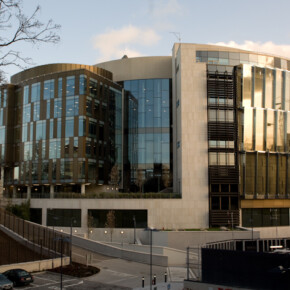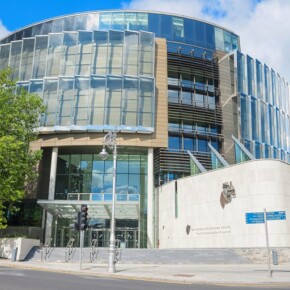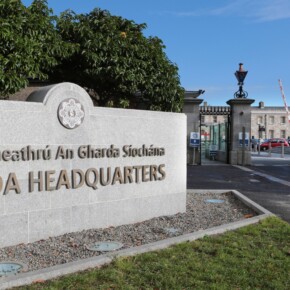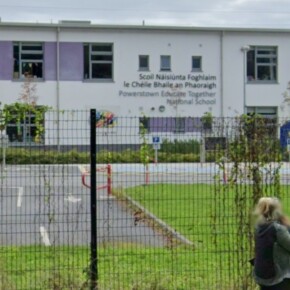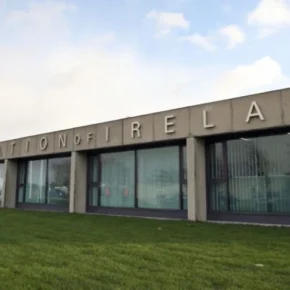No ASD classes in Ballymun as parents campaign for school places
Gary Ibbotson 13 May 2021
Ballymun and Finglas parents are calling on the Department of Education and local primary schools to set up ASD classes in the area.
There are currently no ASD classes for primary school pupils with autism in Ballymun.
One is set to be established in September – but will only have space for five children.
Robert McMahon, a Ballymun resident and a parent of a child who has autism, says that little has been done to address the matter for a number of years.
“The current Minister for Education says that it’s not her problem and we have had minister after minister ignore it time and time again,” he says.
McMahon says that his son attends an ASD class in Blanchardstown but has to get a transfer bus to and from the school every day.
“Dublin 15 has 19 ASD classes,” says McMahon. “Ballymun currently has zero.”
McMahon says that there are currently 24 children in the area that are in need of a school place for September but the availability of specialised classes is non-existent.
“It is impossible to get a place here,” he says.
The Virgin Mary Girls National School on the Shangan Road has agreed to set up an ASD class from September with the neighbouring boys school also potentially starting a class.
However, McMahon says that local parents have received various letters from other schools in the area saying that they will not be setting up a class.
“Parents have been getting letters from schools saying that they will not be setting up ASD classes but no reasons have been given,” says McMahon.
McMahon and other parents have been pushing for the Minister of Education Norma Foley TD to invoke Section 37A of the Education Act of 1998 which would legally bind schools to open ASD classes.
McMahon says that the legislation was invoked in Dublin 15 and in the southside over the past couple of years but has not been used in Ballymun.
“My son only got the place in Blanchardstown due to Section 37A, why they can’t do it here?,” he says.
McMahon also made the point that he “can see it from the principal’s side,” and that the training of teachers to be able to teach children with additional needs and the funding required, may be difficult to source.
“I understand that SEN (Special Educational Needs) training is optional for trainee teachers,” says McMahon.
“We have suggested to make SEN training mandatory for teachers so all teachers in the next five years or so will be qualified to teach an ASD class,” he says.
A spokesperson for the Department of Education said in a statement to Northside People that: “Ensuring that every child has a suitable educational placement is a priority for the Department of Education and National Council for Special Education (NCSE).
“The sanctioning of new special classes is the role of the NCSE.
“The NCSE is continuing to work proactively with schools, patron bodies, parents and others to ensure there are sufficient special education placements available to meet local need.
“Through its national network of special educational needs organisers (SENOs), the NCSE supports parents and schools in making the necessary education places available in line with local demand.
“It is open to any school to make an application to the NCSE to open a special class.
“The active collaboration of school communities is vital to the effective inclusion of students with special educational needs.”
Local Fianna Fail TD Paul McAuliffe says that collaborating with parents is the key to establishing more, localised ASD classes.
“I held a public meeting with parents in 2018 so this has been going for a few years,” says Deputy McAuliffe.
“It can be a really stressful time for parents, trying to find places for the children.
“Unfortunately, there doesn’t seem to be a strategy.
“Children are scattered around D11 and D9 and it doesn’t make sense for them to go to school in Blanchardstown,” he says.
McAuliffe says that Government educational ministers are hesitant to invoke Section 37A because it can “change the atmosphere in the school.
“They don’t want the schools to feel forced.
“The problem is, you might have to intervene – the schools know that they have that threat above them.
McAuliffe says that “supporting parents and make the system listen,” is the solution to establishing more resources for children with additional needs.
“I have a meeting soon with Minister Anne Rabbite (Minister for Children, Disability, Integration and Youth) and I hope to get her on side as a cheerleader for the cause.”


